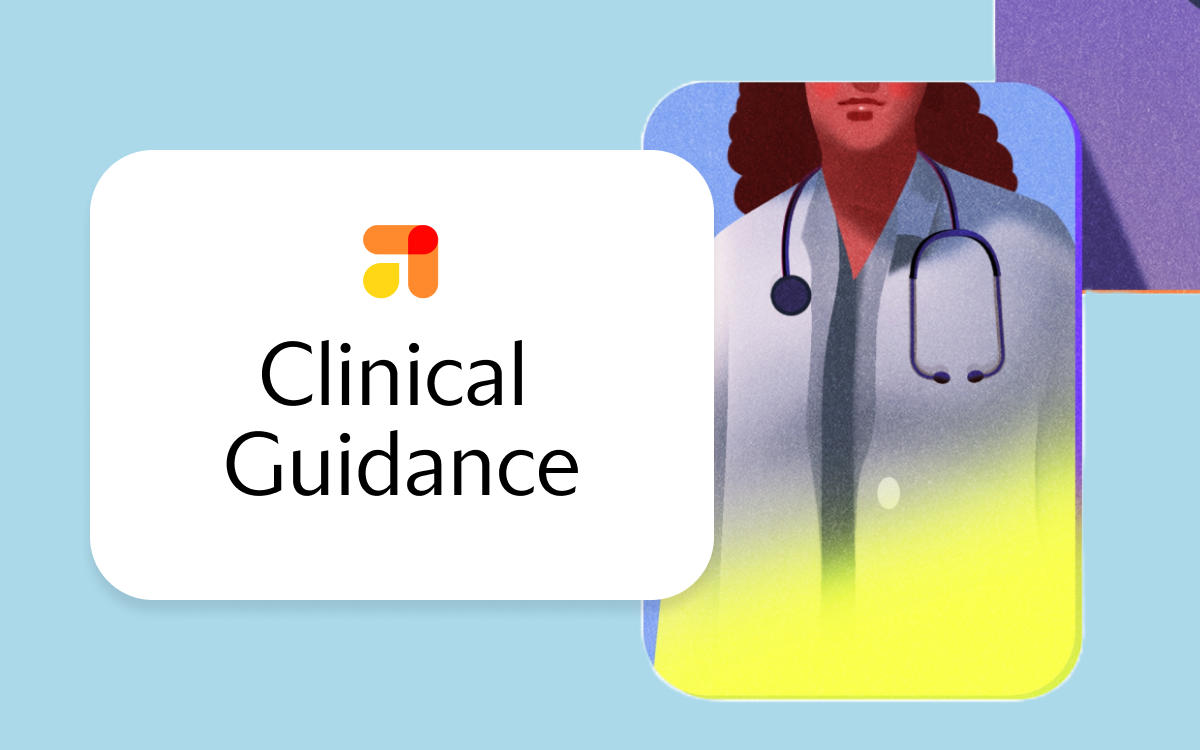Clinical guidance
Prostate Cancer Q&A
Published September 29, 2022
Clinical guidance
Published September 29, 2022

As men and other people with prostates age, their chance of getting prostate cancer grows. But prostate cancer screening (testing) has pros and cons. Talk to your provider about whether testing is right for you.
Prostate cancer is when cells in the prostate, a part of the reproductive system for people assigned male sex at birth, grow out of control. Not including skin cancer, prostate cancer is the most common cancer among men and other people with prostates in the U.S. But most prostate cancers grow slowly or not at all.
We don’t know for sure. But you’re at higher risk for it if you’re African American or you have a father, son, or brother who had prostate cancer.
Most people don’t have any symptoms, but some do.
If you have any of these symptoms, see your doctor right away:
The most common prostate cancer screening, which some people ages 55 to 69 choose to get, is called a prostate specific antigen (PSA) test. The PSA test measures the level of PSA, a protein made by the prostate, in a person’s blood. Levels of PSA in the blood can be higher in people who have prostate cancer, but other things — like age or certain medicines — can affect PSA levels too.
If the PSA test is abnormal, your provider will probably recommend a biopsy. During a biopsy, a medical professional takes some tissue or cells from your body so it can be tested to find out if you have prostate cancer.
That’s a decision for you to make along with your healthcare provider. Before deciding, it’s important to understand and think through the pros and cons of screening.
Pros:
Cons:
If you get diagnosed with prostate cancer, your provider can closely monitor it over time to see if it grows instead of treating it right away. (This is called active surveillance.)